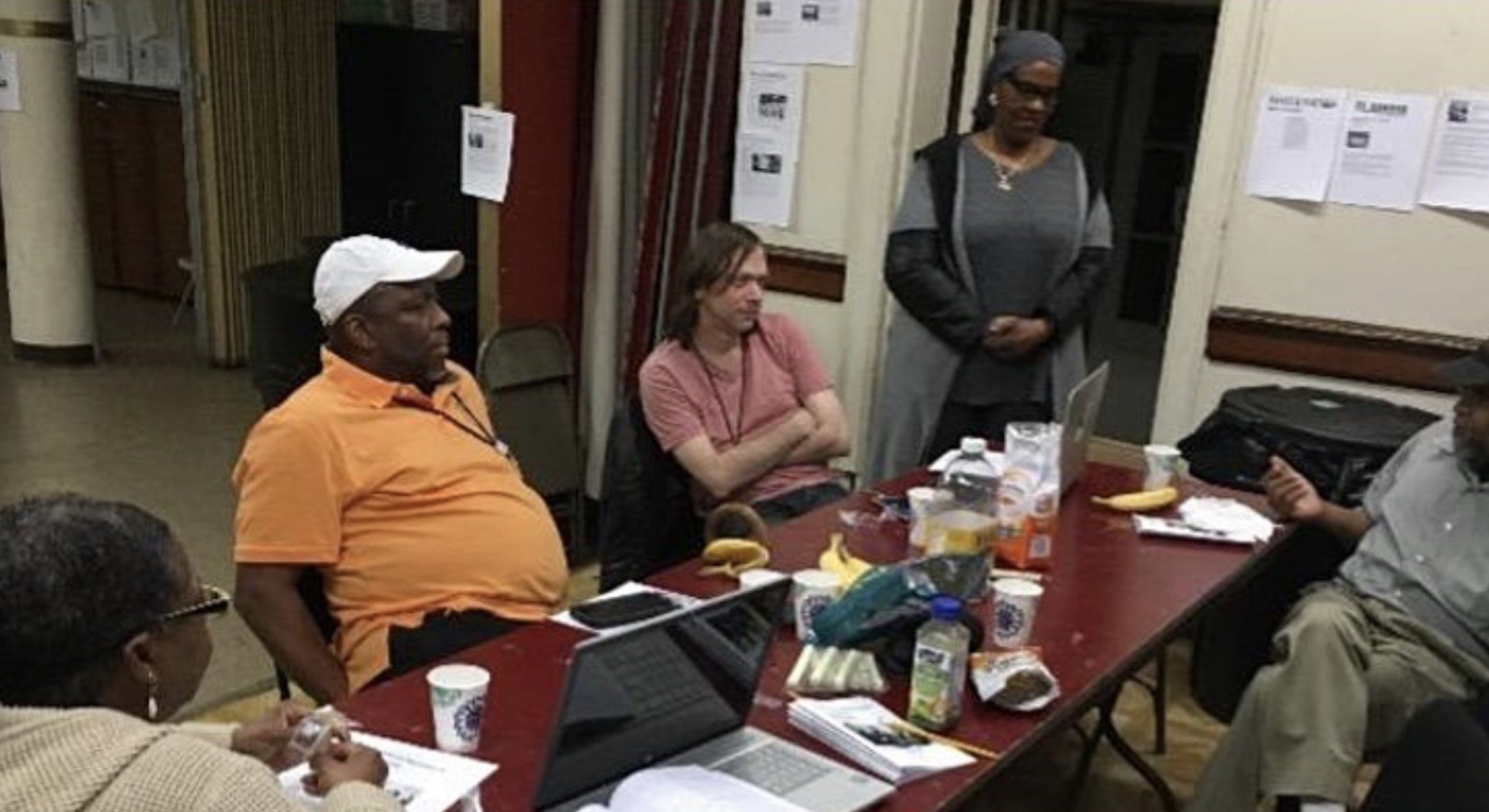Workshop by Lynn Lewis
About this event
Oral history is the result of multiple relationships. Our first thoughts and feelings about an oral history project are a result of our relationship to the subject matter, our relationships with potential narrators and our relationship with oral history itself. All of these relationships impact how we think about project design, timeline, what we hope to learn, and what public facing materials we dream of creating.
The relationship between the oral historian and narrator is at the center of the oral history process but doesn’t exist in a vacuum. The context for the oral history interview is shaped by our respective social locations and identity and the associated power and privilege that attends those identities. Perceptions of the other and prescribed societal power dynamics extend back in time, impact our present and shape our future even for projects where the oral historian and narrators have an existing relationship. Some oral history projects are an attempt to disrupt those perceptions and power dynamics, and strive to do so through project design and implementation. Throughout the life of a project, we must contend with those perceptions and power dynamics as we seek to disrupt them, or else we are doomed to replicate them. Each stage of the project brings new challenges and opportunities to interrogate the meaning of relationship to the oral history project and process.
This isn’t new thinking by any means. What this workshop hopes to add to thinking about oral history relationship intention via project design and structure is by using lessons learned from the Picture the Homeless Oral History Project we may share concrete examples of lessons learned.
Intended as a participatory oral history research project with a defined advisory board comprised of narrators, this organizational oral history project reveals the fluid relationships of each participant to the oral history project, the organization/subject of the oral history project, as well as with the oral historian and with one another. Although the project flow was disrupted by COVID, like water we find alternative routes which hold the promise of opening up unexpected possibilities. These relationship lessons are shared in the hope that they will be useful for oral historians seeking to expand the boundaries of participation, collaboration, shared authority and co creation in each phase of a project, and in the hopes of exploring the relationship building possibilities and challenges emerging from this work.
The presenter:
This workshop will be led by Lynn Lewis, OHMA graduate (2018). Lynn is an oral historian, community organizer and educator. Her work across disciplines is defined by supporting the analysis and leadership of folks historically and currently marginalized by systems of oppression. She founded the Picture the Homeless Oral History Project with long time homeless leaders of the organization to document their work, exploring what that history means to the homeless leaders who shaped it. The interviews breathe life into the archive, and reveal lessons about why homeless New Yorkers choose to engage in collective struggle and the conditions that made that work possible. Previously, Lynn served as the Executive Director of Picture the Homeless for 17 years. She is currently engaged in two other oral history projects: a public history memoir and Every Issue is a Woman’s Issue, a series of interviews with women organizers in the United States. Her recent publications include Love and Collective Resistance: Lessons from the Picture the Homeless Oral History Project. (Histoire sociale/Social history). She is an adjunct professor at The New School and lives in East Harlem, NYC.
These events are open to all. You can use this quick survey to let us know how we could make these events more accessible for you. Note that we are able to provide ASL interpretation for any event, but need two weeks' notice. Please contact Rebecca McGilveray at rlm2203@columbia.edu with specific access requests or questions.

